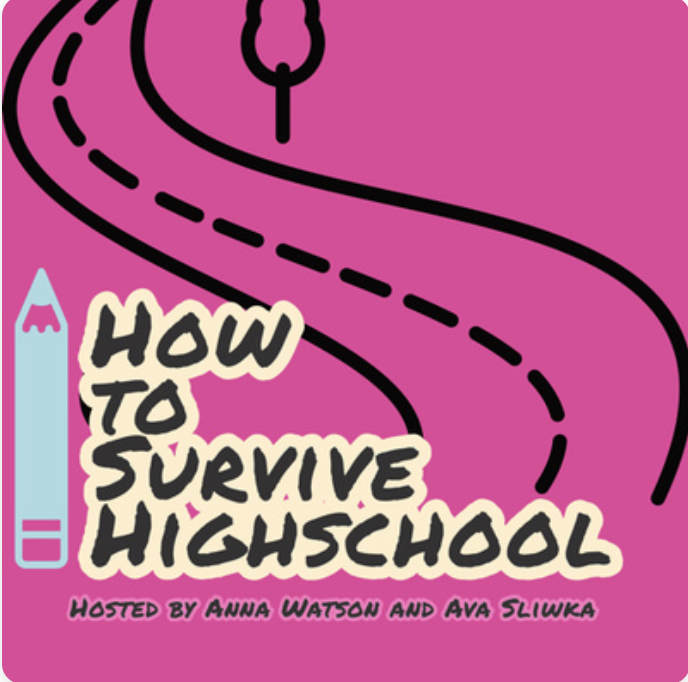Teenagers from all generations have heard the timeless complaint that they are at times disrespectful. We can all recall being told by an adult that our behavior towards them or another is disrespectful, often prefaced with a disgruntled “kids these days.” Most often, we simply disregard the comment and just think “That person is just an old, crazy and disgruntled. Why does it even matter?”
The age-old stereotype that teenagers are self-centered and only care about their friends, their cell phones, and being popular is unfair of teenagers that usually do not conform to this label. Yet, in the age of electronic communication and social networking, many adults are starting to question if teens are becoming even more disrespectful because of today’s disconnected and anti-social world.
I recently experienced this critique firsthand. My mom asked me if I wanted to hear about a bizarre dream that she had while I was answering a text message from a friend. I immediately said no before I even processed what my mom had said. The moment I let the sarcastic and abrupt “NO” slip out of my mouth she became rather offended. Even though I tried to explain that I was only half-listening to her and that my answer was sarcastic, she refused to tell me about her dream. She claimed that “I obviously wasn’t interested before, so why should I be interested now?”
But I was interested.
In this instance, my sarcasm towards my mom was taken as rudeness, as it so often is with teenagers. The line between rudeness and sarcasm is very thin, and when a teenager says something in a sarcastic way, many adults often interpret it as disrespect. Nevertheless, my technology-induced sarcasm interpreted as disrespect is the reason I have yet to hear what my mom’s dream was about.
Generally, the lack of teenagers’ manners has always been a prevalent complaint amongst adults. Many adults complain that teens nowadays avoid eye contact with others and mumble—something they claim to be a direct result of our technology saturated lives. In classroom settings in particular, teachers seem to be facing a new challenge of communicating with students who are used to expressing themselves primarily through electronic media, and therefore are interpreted as rude and disrespectful.
The truth is these adults are somewhat “out of touch” with the latest technology trends and don’t understand that teens often prefer to have a conversation through instant messaging or a text message verses a face-to-face conversation, because of the convenience it offers.
Another common criticism about teenage disrespect is the stereotype that teenagers are so self-absorbed in their own lives that they don’t consider others around them. Some of these common complaints could be not holding doors open for others, often finding a conversation uninteresting, or being too engrossed in their cell phones to pay attention to conversations or surroundings. Teens often hear from adults that when they were children, they were polite to their elders and made sure that they were always respectful to their parents and teachers.
While there may be some misunderstanding between teens and adults with regards to manners, if teenagers don’t try soon to put forth an effort to be more polite and less disrespectful—even if unintentionally— I feel this only be the beginning of the serious decline in what remains of teenage manners.












